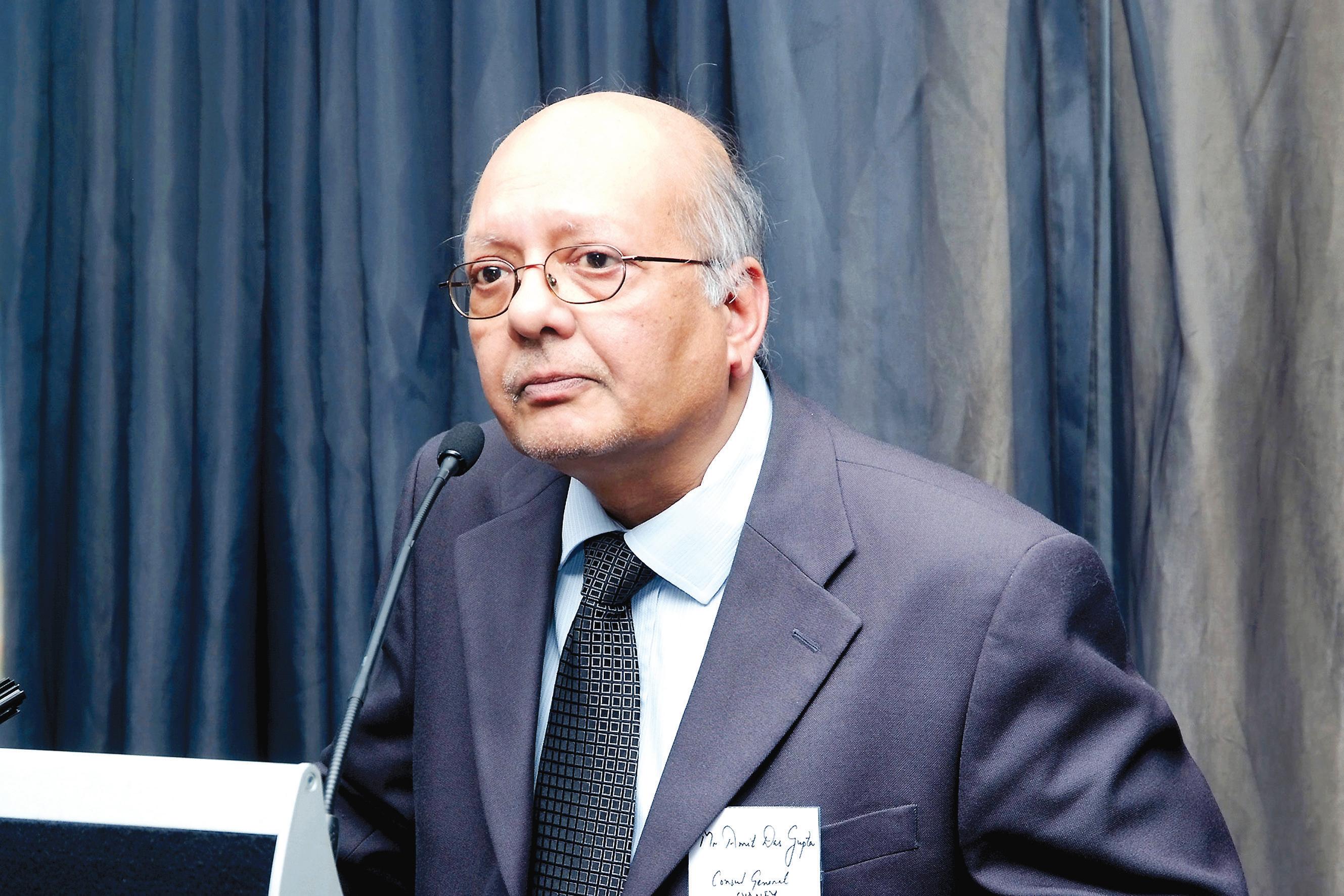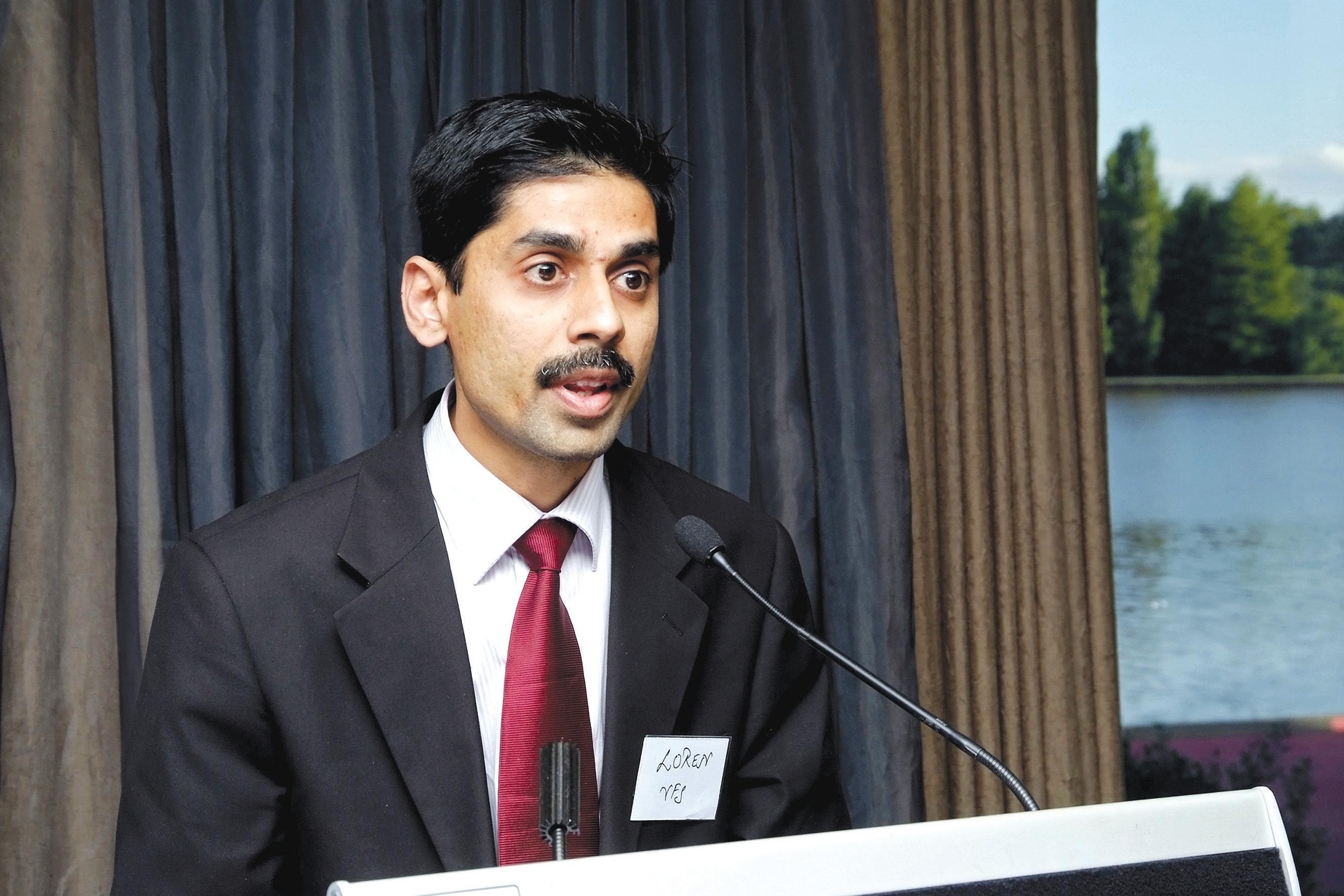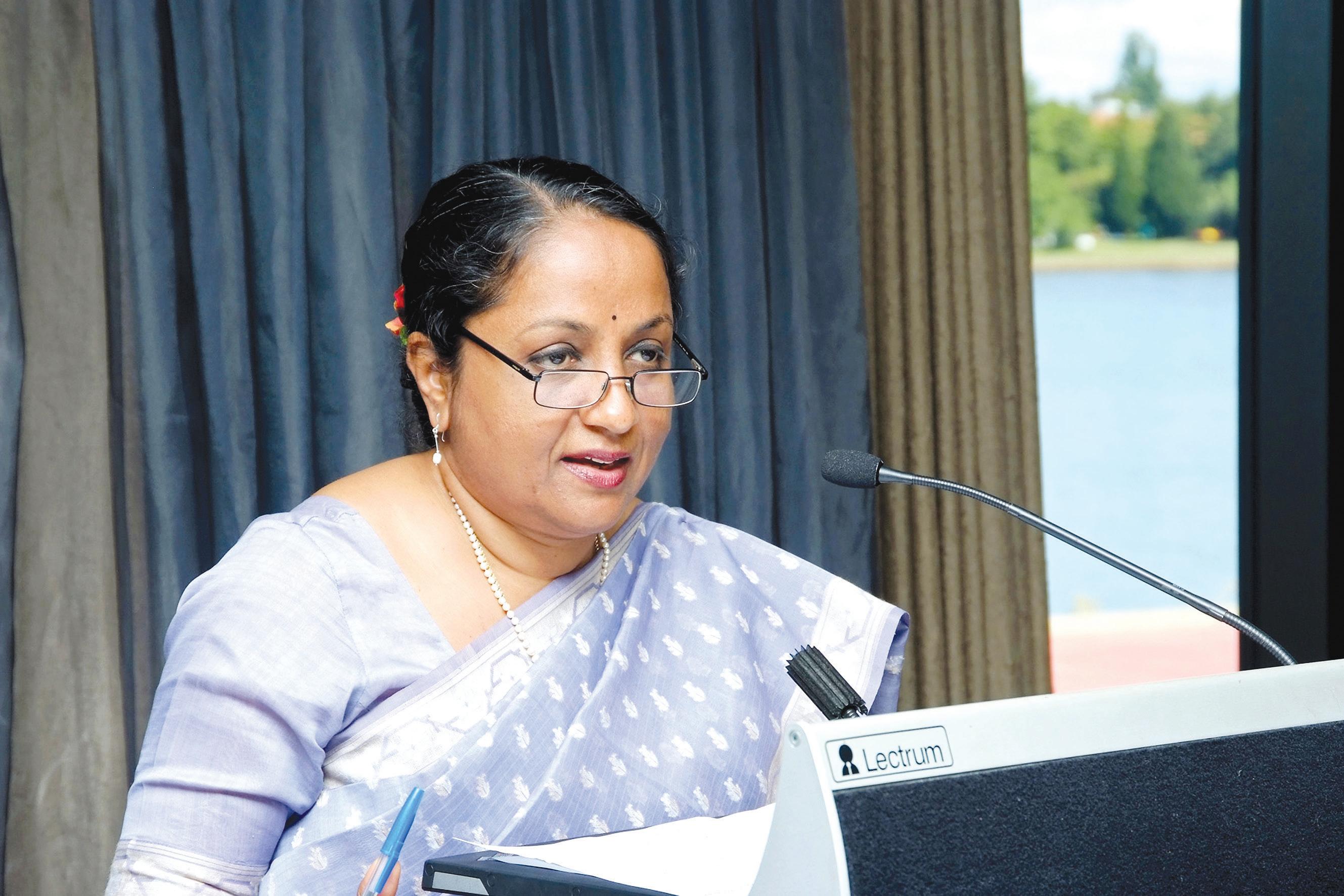
5 minute read
visa processing
from 2010-12 Melbourne
by Indian Link
targets for attack, on behalf of Lashkare-Taiba. As his modus operandi came to be revealed, the Government of India decided to crackdown on applications for tourist visas, in order to be able to make thorough checks and make sure the option of multiple entry options on such type of visas are not exploited. In practice, this new processing took much longer than expected, and along with the seasonal rush of October and November, resulted in a large backlog of the issuance of visas at the consular offices.
As part of this review, there was also the the procedures for getting a visitor’s visa to India for NRIs. While prior to November 2009, people holding non-Indian passports but of Indian origin, could apply for a tourist visa with just an application, now they had to prove that their original Indian passport had either been cancelled, surrendered or lost. This confirmation had to be done via a Statuary Declaration or a letter from the Department of Immigration and Citizenship of Australia and other supporting documents. This was to ensure that there were no dual passports being used as India does not allow for
Earlier options of having tourist visas which could allow multiple entry options were changed. Now all tourist visas had a single entry option and those visiting India on multiple entries within a stated time had to apply for a re-entry permit which was granted in very rare cases.
After July 2010 when these new rules were introduced, many people applying for visas were not aware of these extra requirements. This led to lengthy delays and frustration at the counters of VFS.
Having explained this, the High Commissioner revealed that the backlog occurred with greater intensity at the
Sydney and Melbourne Consulates, rather than at Canberra and the other state offices. This was because of the rush at the larger Consular offices, and she went on to reveal that extra staff had been put on, particularly in Sydney.
“They have been working through weekends, immediately after Diwali,” she stated.
The Consul General of India (Sydney) Amit Dasgupta backed her up by providing dates up to which visa applications in various categories were now cleared –most, up to two days prior.



Continued on page 10
“I can safely say that you can expect a twoday turnaround from now on,” he stated, to applause. “In fact, as of today, November 20, I can confirm that all applications till November 17 for police clearance have been cleared; for new passports till November 16; for OCI, till November 11, and visas till November18,” he said.
Similarly, the CG (Melbourne) Anita Nayar also reported a significant reduction in backlog.
The role of VFS
Facing a barrage of criticism against his company’s procedures, the baby-faced Loren D’Souza from VFS did his best to explain the situation from his end.
“We are only an administrative section in the entire visa-issuance process. The rules are not set by us,” he noted, prompting the High Commissioner to jump up and second him.
“We have extensive guidelines set up for all applications and we do have a number of people who turn up with incomplete application forms. Over the past few months due to Government of India’s administrative changes, our normal time on the counter with clients got blown out,” D’Souza said. It seems that instead of 7 minutes per client, now in excess of 25 minutes was being spent, which caused further frustration to both clients and staff of VFS. “VFS operates in 26 countries globally and we process over 9,000,000 visa applications yearly. Our job is to ensure we deliver the best to our clients,” he said, adding, “In Australia, we process over 140,000 applications yearly and have over 50 staff, of which 23 are full time. Our full time staff has been with us from the beginning, and we have very experienced staff.”
Poor customer service
Yet both VFS and the diplomatic corps accepted blame for poor customer service at their counters. Perhaps some training is required and we shall look into it, they offered.
and dismissive staff can be at VFS as well as the Consulate, and comparisons made with the services provided at similar Australian offices.
much longer I would have to wait,” one lady recounted to the shock of the audience, to which Dasgupta directly replied that while it was too late to apologise for that, he would see to it that no one would have to wait in angst to see their jobs completed at the counters.
“Such behaviour is inexcusable,” Sujatha Singh said, adding, “I’m surprised it has happened, but it will be remedied.”
Significantly, it was also revealed that the staff themselves face rude and irate clients who bring in incomplete forms, are unaware that rules have changed or that charges have gone up, or who expect staff to fill in the forms for them.
You’ve got to treat us better too, if you expect to be treated better, the officers seemed to be saying.
“The same clients are more polite when they seek service at an Australian centre - and probably have their papers all in order,” Mrs Singh noted, adding “Our Australian customers are themselves polite and follow procedures well.”
At the end of it all, a few issues became obvious to impartial observers in the audience that afternoon:
• the staff can be rude at timesprobably because they are overworked and desperately need a few extra hands, especially at peak periods;
• the clients can be rude too - probably because the actual procedures are somewhat cumbersome (such as putting in multiple copies of forms, all of which have to be attested by JPs)
• clients are not always aware of the procedures they need to follow, and the Consulates themselves need to disseminate information better, especially in a scenario where the rules are changed frequently (it is not enough to say ‘the new rules are on our website’).
• VFS and the Consulates need to put their systems and procedures in place, spelling them out clearly (for themselves comprehend was the cost for OCI for those who had given up their Indian passport. If the date of Australian citizenship is prior to 31 May 2010, the cancellation charges are $25, but for those who had their Indian passport cancelled after this date, the cost is $273 for the surrender certificate. This exorbitant cost by the Indian government was a major source of discord.
Another cost which was highlighted was the 99c per minute call charges by VFS.
Sujatha Singh explained that this was a cost which needed to be put into context, keeping in mind that the US Embassy charges $14 to hear a recorded message, and the UK High Commission charges $10 per question. There also was an issue for states like Western Australia where there is no local office of the Indian Government and for emergency visas, people had to fly interstate to get an approval.

Mrs. Singh again confirmed that steps are being taken to minimize any inconvenience to those residing in Western Australia.
On the whole it was a productive forum, with a robust interchange of ideas. While community members vented their this strategy, the diplomats in Australia have not only increased their distribution channels, but also ensured that future partners include leaders when the community at large wants to discuss any frustrations in this area. Perhaps a future town hall meeting, opening the door for the wider community to explain and discuss these issues, can be considered.
Canberra calling
For High Commissioner Sujatha Singh, this was the third successive annual conference of this nature. The event brought together members of the Indian community and Indian associations from around Australia. Bigger than ever before, it attracted so many this year that an external conference venue, inside the National Museum of Australia, was booked. A number of speakers took the opportunity to speak on issues of concern, but it was the forum on Consular issues relating to visa woes that was the most interactive and debated.
Last year’s conference brought about the idea of the Indian Community Welfare Fund, a programme which has been put








